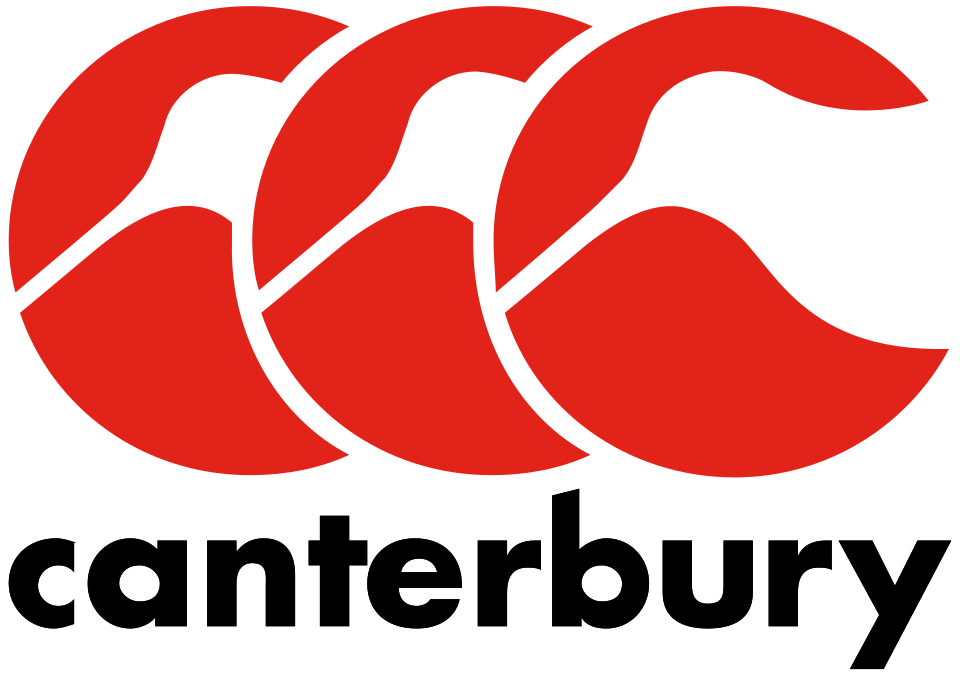The organisers of the BUCS Canoe Slalom event, held at Holme Pierrepont (HPP) 12 and 13 February, are aware of an open letter issued on behalf of people who were concerned about the water quality at the event and the decision to proceed with the event.
The safety of participants is of utmost importance to all parties involved in the organising of the event, and as such throughout the planning for the event, organisers had regular communication with the venue to receive updates on the quality of the water and understand the processes for determining this. These discussions and processes were fundamental to the planning process, risk assessment and subsequent safety messaging which was circulated to participants.
Water quality testing is undertaken as part of the daily practices at the National Water Sports Centre, Holme Pierrepont Country Park. There are three main ways in which water quality at the venue is tested by the venue operators:
- Microbiological testing - this is a sample taken each week, usually on a Monday which is sent away for laboratory testing with a result returned by the end of the week. The results are then reviewed against the bathing water quality assessment standards, which although they do not relate directly to the venue, do provide a guide
- Turbidity testing - this is regular testing, taken at least once a day, which gives an instant result. This is then rated on a traffic light system of red >20 PPM, amber 16-20 PPM, green 0-16 PPM
- Visual testing - the course is inspected daily, at least once a day, to observe any visible issues with the quality of the water.
These results feed an overall traffic light system, which sets the status of the course, or if required can result in closure of the course. The status can be elevated based on any testing results, as well as weather forecasting but is only reduced following microbiological testing results.
With regards to the 2022 BUCS Slalom event, below is a timeline of the water quality updates and decision making:
- Following poor water quality results, and with changeable weather conditions, the venue published red water quality status in late January and early February
- In light of the water quality, the event organisers emphasised guidance within the event guide and issued a safety briefing advising participants to take a number of precautions
- The weekend before the event, the course was closed due to the water quality readings that were taken
- By Monday 7th February turbidity readings were around 90 PPM, visual inspections showed poor quality and the microbiological sample was taken and sent for testing
- Throughout the week, testing was increased to multiple times per day and showed turbidity readings reduced significantly:
- Tuesday 8th - 40 PPM
- Wednesday 9th - 25 PPM
- Thursday 10th - 14 PPM
- Friday 11th - 11 PPM
- On Friday 11th, a decision was made between all key parties that the turbidity readings had improved sufficiently that the event was able to proceed. We were aware that the microbiological results would show high results as this was taken on Monday when there were high turbidity readings and so issued the statement below:
- The status of the water, shown here, is currently red, which has caused some concern, but we have been liaising with the venue to gather a more detailed assessment. The status is likely to remain red until the venue receives further microbiological test results, however their regular testing is showing significant improvements and they anticipate it will be of a required quality in time for the event. Whatever the status of the water, we strongly advise all participants to follow the guidance laid out in the safety briefing.
- The on-site captains briefing on Saturday morning again advised participants to follow the guidance, detailed in the safety briefing, to mitigate risks associated with the water quality.
- Turbidy and visual testing results were then monitored across the weekend:
- Saturday 12th - 11 PPM
- Sunday 13th - 10 PPM
- On Monday 14th February, turbidity results were 7 PPM and a microbiological sample was taken and sent for testing. This has subsequently shown the quality to be between 80-90 cfu/100ml which, if the venue was classed as bathing water, would be classified within the ‘excellent’ parameter.
Despite the measures that were put in place, we are concerned to hear that some participants were taken ill following the event and so have been in close communication with the venue and the local Environmental Health Officer.
If anyone is still experiencing symptoms we recommend consulting a doctor and ensuring they are aware that the individual has recently been in the River Trent.
In order to better understand the issues that occured, we also request that anyone who has experienced symptoms since the event to complete the British Canoeing Incident Report Form as a ‘safety incident’ and ‘medical condition’. When asked to describe the incident, please include:
- Symptoms you experienced
- When the symptoms started and ended
- Any medical treatment required
This form will allow us to track the amount of illness which occurred and the severity of it. This headline data will then be shared with the venue, the local environmental health and public health teams as well being used by BUCS and British Canoeing as part of the review process and consideration for how to operate the event in the future.
BUCS will continue to review the delivery model used for the event and will certainly factor in the feedback received ahead of arranging the event for next year.
















